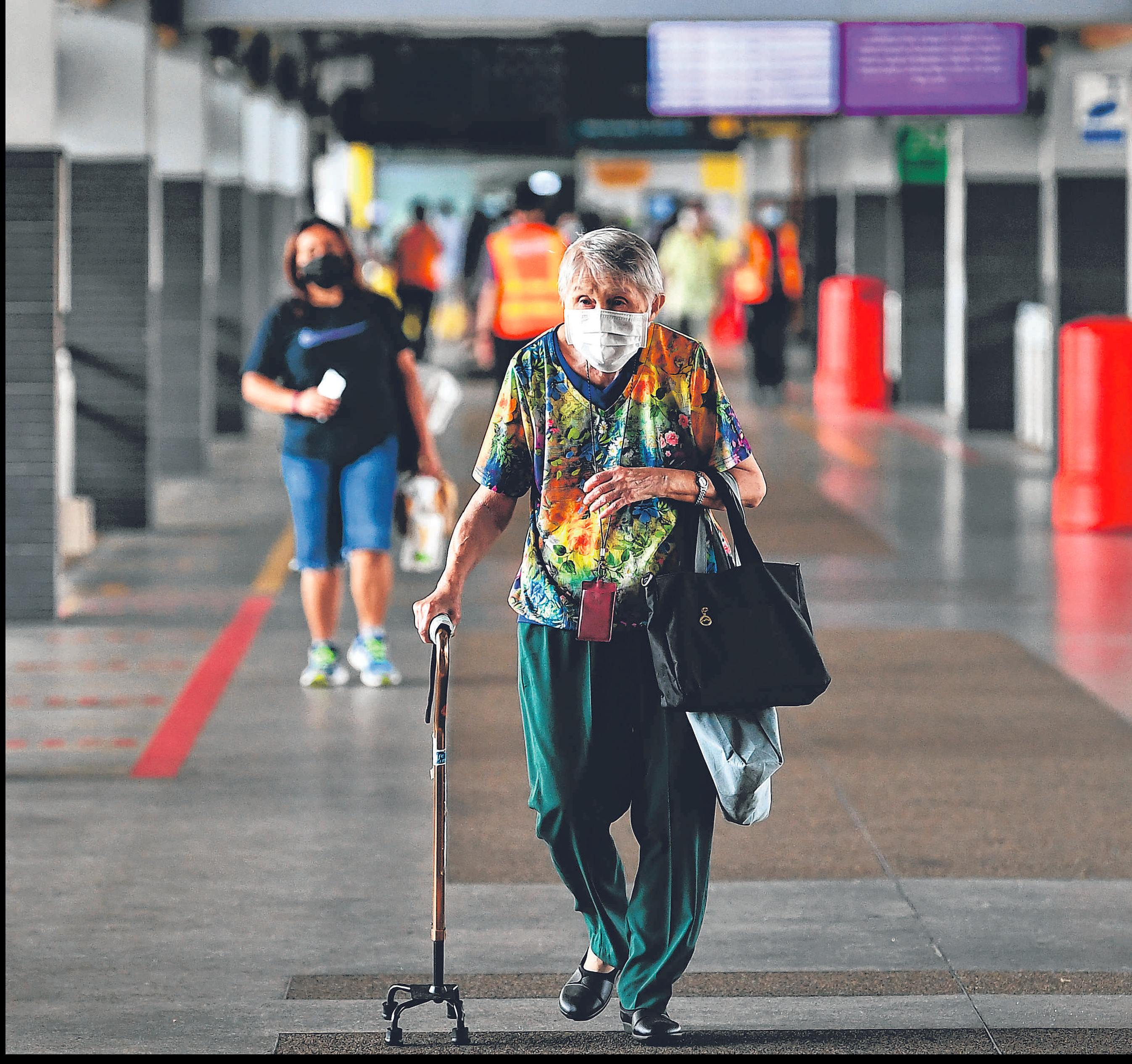HealthXchange will NEVER ask you to transfer money over a call. If in doubt, call the 24/7 ScamShield helpline at 1799, or visit the ScamShield website at www.scamshield.gov.sg.
Smart sensors to test seniors' cognitive functions

A team of researchers has found a novel and promising way to gauge seniors' cognitive functions without testing them through conventional methods – by using a network of sensors to track their memory, movements and sleep patterns over a period of time. In about 7 out of 10 cases, they correctly identified the seniors who had been diagnosed with mild cognitive impairment, based on data generated by the sensors. Mild cognitive impairment causes a slight but noticeable decline in cognitive abilities, such as memory and thinking skills. A person with such impairment has a higher risk of developing dementia. Dr Iris Rawtaer, Consultant, Department of Psychiatry, SKH, is the lead investigator of the study that was published in the Journal of Medical Internet Research in May. The pilot study is the first of its kind in Singapore and it is noteworthy given Singapore's rapidly ageing population and the growing number of elderly diagnosed with dementia. The researchers wanted to detect mild cognitive impairment at an early stage, which could give a senior the best chance to reverse the impairment or at least delay the deterioration with appropriate treatment.
Contributed by

English
ST 1 Jul 2020 pg B1.pdf
Get the Health Buddy App
© 2025 SingHealth Group. All Rights Reserved.














 Get it on Google Play
Get it on Google Play